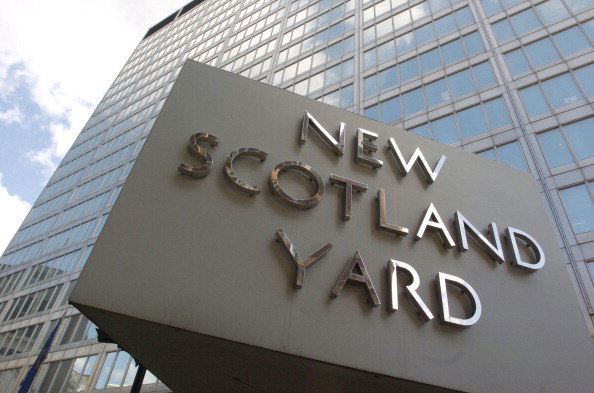Last week, British authorities revealed the identity of ISIS's most notorious member – the masked, British-accented figure known as "Jihadi John".
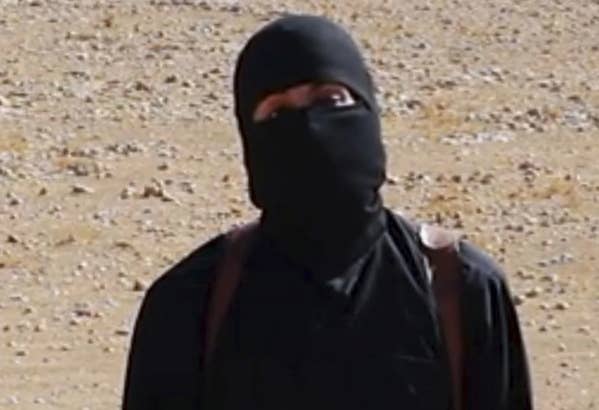
Emwazi was born on 17 August 1988 in Jahra, Kuwait.
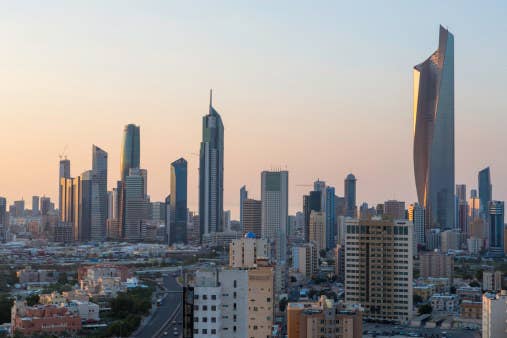
The Emwazi family moved to the UK in 1993, but didn't receive asylum until 1996.
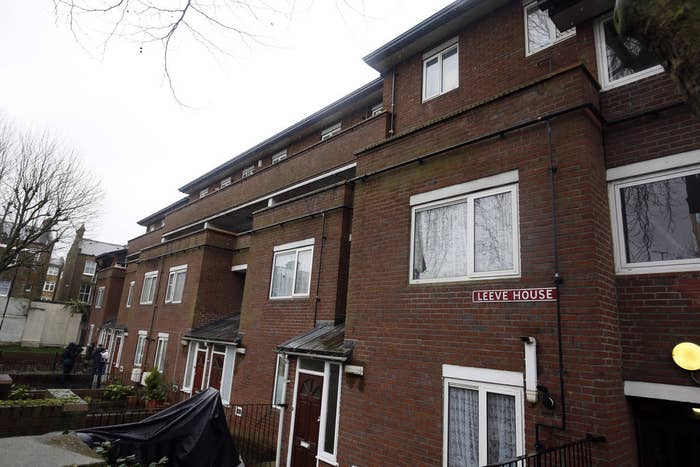
Emwazi attended a British primary school in Maida Vale, west London.

Friday's Sun front page Jihadi Junior #tomorrowspaperstoday #bbcpapers #JihadiJohn
The young Emwazi also reportedly liked S Club 7, and wanted to be a professional footballer.
Mohammed Emwazi: yearbook reveals boy who liked chips and S Club 7 http://t.co/nwLGgQJJdd
Emwazi's classmates have told some bizarre stories about his primary school days.

In 1999, Emwazi went to Quintin Kynaston Community Academy in north London, a specialist technology college.
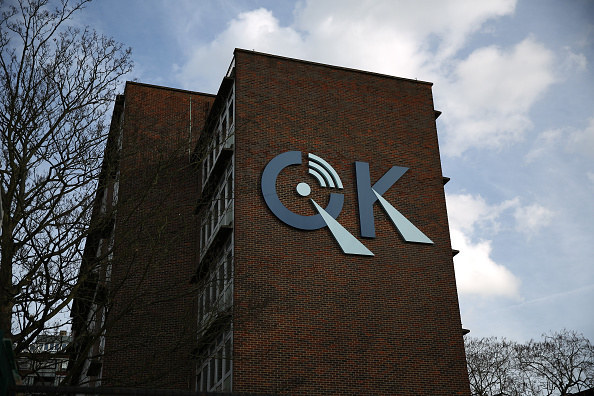
This is the first video that has emerged of the young Emwazi at the school:
The video shows Emwazi playing football in the school playground. In the short footage, his friends refer to him as "Emwazi".
He also covers his face whenever he notices the camera is on him.
There have been conflicting reports on what Emwazi was like during his time at Quintin Kynaston.
Speaking to BBC News, Jo Shuter, who was head of the school until 2013, said Emwazi was not seen as a "huge concern". She said:
I am not prepared to say when the radicalisation took place. All I can say is absolutely hand on heart, we had no knowledge of it. If we had we would have done something about it.
He had some issues with being bullied, which we dealt with, and by the time he got into the sixth form he was to all intents and purposes a hard-working, aspirational young man who went on to the university he wanted to go to.
One of Emwazi's teachers, who did not want to be named, told Sky News:
I would describe him as vulnerable. I would also describe him as having low self-esteem and therefore needing reassurance that he was doing well with his work.
But he did achieve well at the school, and there were plenty of signs for him to be able to feel good about himself.
The teacher said Emwazi "didn't particularly stand out", and had a "small group of friends":
I recollect that he certainly enjoyed football and he was very passionate about football. I think there were examples or instances of arguments with other boys and students and that did lead to allegations of bullying.
But they were dealt with through normal school procedures and nothing again stood out that was particularly concerning.
However, a classmate said that Emwazi had made several anti-Semitic remarks in class.
"The teacher told us the Nazis drew up plans to get rid of all the Jews," the anonymous 27-year-old told the Daily Mirror.
"'I heard Mohammed mutter 'Good, they deserved it'. I thought he was joking but later he told me that he hated all Jews and blamed them for the plight of Muslims."
Other classmates say that despite being religious, Emwazi drank alcohol and took drugs.
One former friend told The Sun that Emwazi took part in "rowdy vodka-drinking sessions" and "smoked cannabis" despite his Muslim faith.
Ahlam Ajjot, a girl Emwazi was said to have a crush on, told the Sunday Mirror that he was "awkward", "painfully shy", and "never spoke to girls unless he had to".
"I never knew Mohammed liked me and I can't believe it now when I think about him feeling that way," she said. "I was so shocked when I saw the news that he was Jihadi John. I couldn't believe the pictures of him in a balaclava and in Syria."
Another former classmate told the Sunday Mirror that Emwazi was bullied while in school:
He was so painfully shy that he barely spoke to anyone. Whenever he did, he had this habit of pulling his hand up to his mouth. He'd done it ever since a different girl had told him in front of loads of other kids that he had bad breath. Everyone laughed. He tried to laugh it off, but it was obvious that it had hurt him. His eyes teared-up and he wandered off on his own to a corner of the playground.
Girls thought he was weird and tried to stay away from him. He was short and got the nickname 'Little Mo'. He shuffled around with his head down and his shoulders hunched. He had no confidence and held himself in a really nervous way. But at the same time, he wore trendy baseball caps and trainers. It made him look even more odd. Instead of coming across as cool, he became a figure of fun who everyone took the mickey out of.
Emwazi did not attend his local mosque at the time, but went to local shisha bars, according to the Mail.

By the time Emwazi was in sixth form, reports said, he was part of a young network of would-be jihadis, some of whom also attended Quintin Kynaston.
Two British jihadis had previously attended the school: Choukri Ellekhlifi, who was killed aged 22 in Syria in 2013 after joining a militant group linked to al-Qaeda, and Mohammed Sakr, who died fighting for al-Shabaab in Somalia in 2012.
While it is unclear whether there was a formal link between Emwazi and the two men, a former pupil suggested that Sakr's younger brother was Emwazi's best friend. One source told The Telegraph: "They lived in the same area and they were friends all the way through school. I knew they went to mosque together too.
"I heard that after school that they were getting radical views."
Ellekhlifi and others were reportedly part of a gang known as "the London Boys".
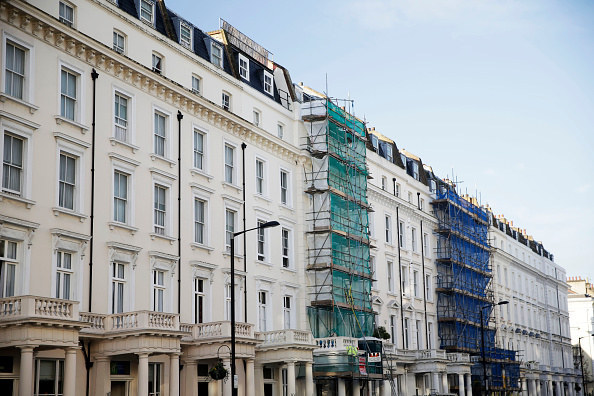
Jihadi John: Here's one of the court documents that includes Emwazi, the man known to be the ISIS militant:
One of Emwazi's associates was a British militant who was killed by a US drone in Somalia.
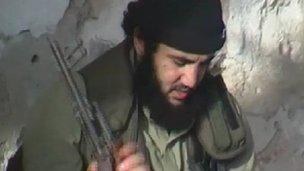
Other members of the gang also ended up in Somalia.
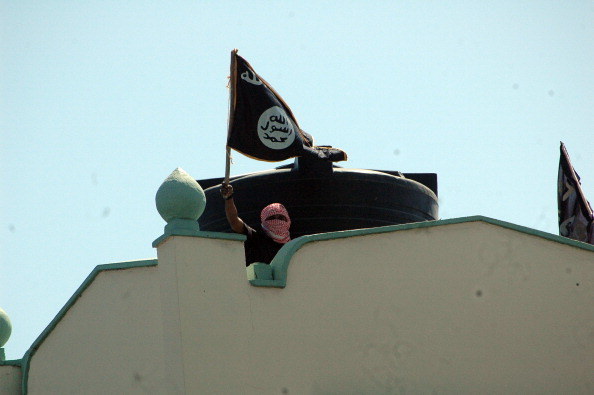
Between 2006 and 2009, Emwazi studied information systems and business management at the University of Westminster.
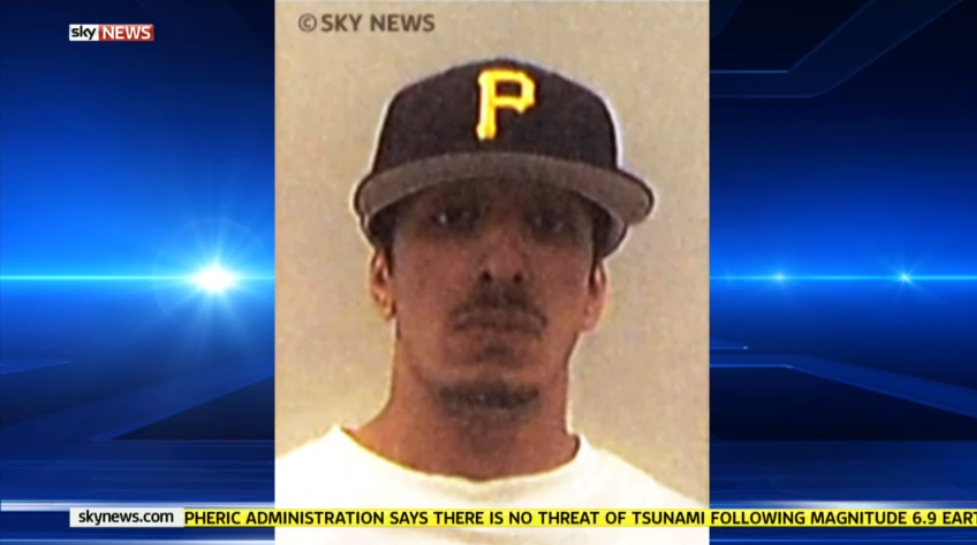
The University of Westminster has denied that Emwazi was radicalised in the institution, and insisted that it is tackling extremism on campus.
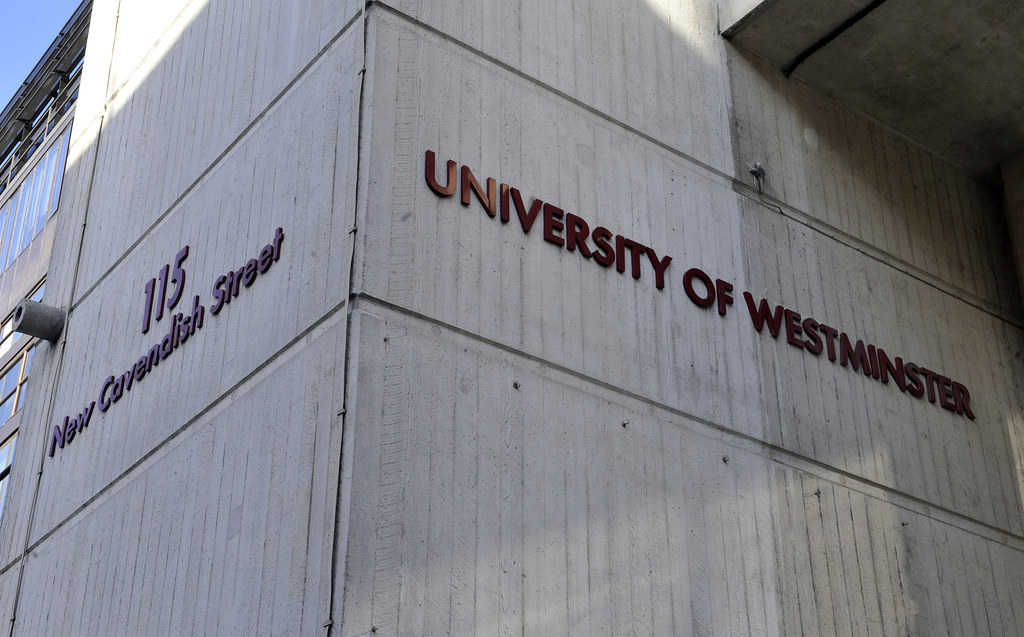
Emwazi may have been involved with gangs while at university.
The Evening Standard reported that while at university, Emwazi kidnapped two schoolchildren at gunpoint, forced them to strip to their underwear, and left them on the side of the M1 motorway.
A former friend told the paper that Emwazi carried out the attack in 2008 after the friend and Emwazi's younger brother, Omar, got caught up in a fight supposedly triggered by a "postcode war".
The source, who was aged 14 at the time, said the incident occurred as he was trying to buy a stolen bicycle from Emwazi's brother.
"I was planning an 'in and out job' but two guys saw me," the friend said. "There was a big fight. They threw a brick at my head and broke my arm, [and Omar] was punched in the face a few times and beaten up."
The former friend recalled Emwazi appearing in Queen's Park the following day with "two religious guys with beards":
"They drove round in a car and found these two guys who attacked us, threatened them with a gun, made them take all their clothes off and drove off. They dumped them on the M1 motorway. They weren't attacked physically but they were threatened. It was a message."
The source described Emwazi as a "bit of a hard nut", adding: "He wasn't into gangs but people were wary of him. They were pretty scared."
Emwazi was apparently spotted at a number of rallies held by radical Islamist groups during his studies.
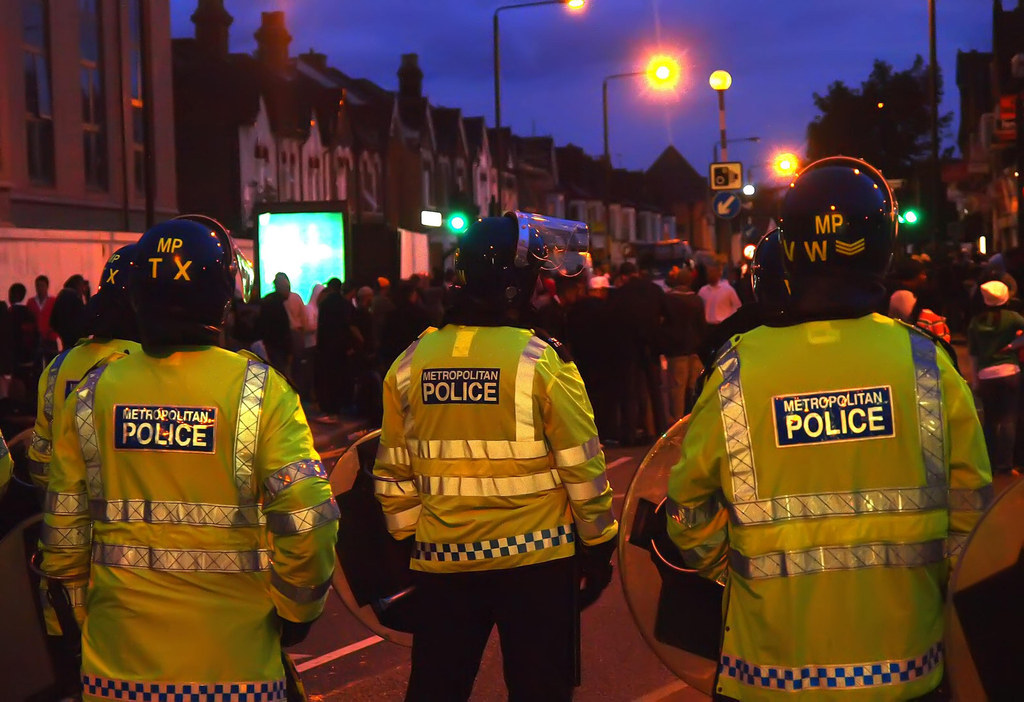
Emwazi (red circle) is said to have attended the demonstration outside the Harrow Central Mosque in London in 2009
While most Muslims in attendance were demonstrating against far-right groups such as the English Defence League and Stop the Islamisation of Europe, Emwazi was allegedly pictured with his face covered, waving an Islamic Raya flag.
The Arabic writing on the flag roughly translates as: "I will give the Raya tomorrow to a man who loves Allah and His Messenger, and Allah and His messenger love him; and he gave it to Ali."
Ali refers to Ali ibn Abi Talib, the son-in-law of the Prophet Muhammad and the fourth Caliph of Islam. He reigned between the years 656 and 661.
Michael Adebelajo, who would go on to be one of the killers of military drummer Lee Rigby in 2013, also spoke at the rally.
He was recorded saying: "Don't be scared of them, do not be scared of the police or the cameras. You are here only to please Allah. You're not here for any other reason, if you are here just for a fight, please leave our ranks. We only want those who are sincere to Allah. Purify your intention."
(The video has been removed and the account terminated since this article was first published.)
Both Adebolajo and Emwazi are said to have prayed at the Woolwich mosque in south London.

After graduating from Westminster in August 2009, Emwazi and two friends travelled to Tanzania, allegedly for a safari holiday, but were denied entry into the country.
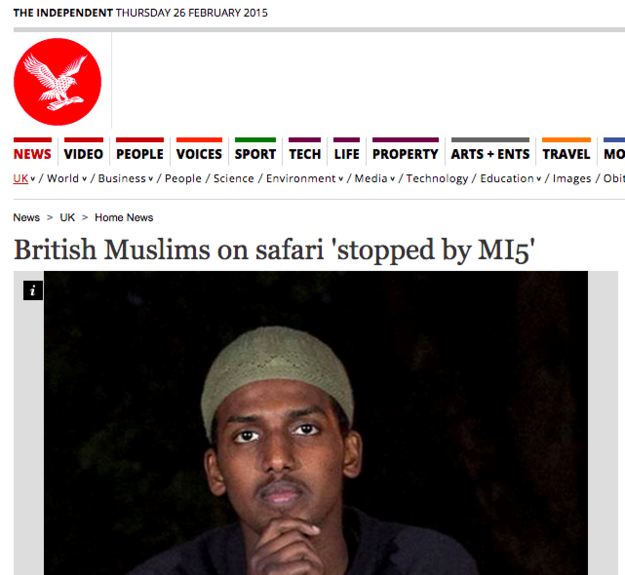
Emwazi was questioned by British and Dutch authorities as he headed back to the UK.
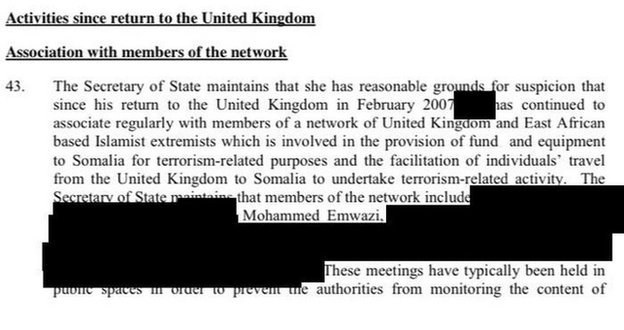
Soon after, Emwazi went to Kuwait and worked as a salesman for an IT company.
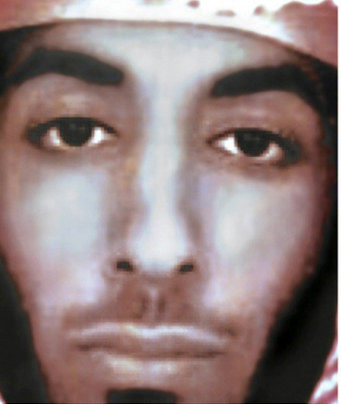
Emwazi received a contract to work at the firm, earning 300 dinars (£657) a month along with 50 dinars (£109) for expenses, according to The Guardian.
His former boss said: "He was the best employee we ever had," and added: "He was very good with people. Calm and decent. He came to our door and gave us his CV."
The employer also expressed confusion as to why Emwazi had chosen to pursue an IT career in Kuwait, instead of Europe or the United States.
"Muslim and Arabic people travel from here to London or the US, and they stay two years looking for a job or even a place to stay," he said. "It always puzzled me. Why would he come here?
"But it seemed as though he faced some problems, maybe family, social, or psychological. I didn't really ask. He wanted a good job [in London] and he wanted to get married, but he couldn't and it made a problem for him."
Emwazi travelled between Kuwait and London during his eight months at the IT firm as he prepared to get married.
He told Cage that during an eight-day holiday in London, he was contacted by British security services.
In June 2010, as he prepared to return to Kuwait, Cage claims that Emwazi was subjected to six hours of interrogation by British authorities before being informed that Kuwait had cancelled his visa.
Emwazi filed a complaint about his treatment to the Independent Police Complaints Commission in July 2010, and met Metropolitan police officers.
In a letter seen by the Washington Post, Emwazi received a response to the complaint he filed that said the incident had been discussed with the officers in question.
The letter said he had 28 days to send a formal appeal, but it is unclear whether he did so.
After his visa cancellation, Emwazi got back in contact with Cage, telling the organisation that he "felt like a prisoner" in London.
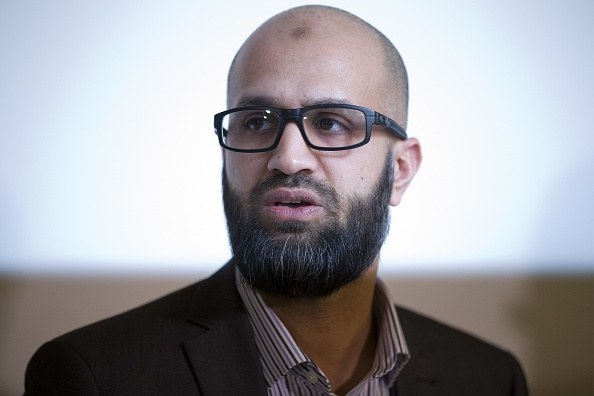
Following Cage’s advice, Emwazi got in touch with British journalist Robert Verkaik.
Writing in the Daily Mail, Verkaik remembered Emwazi having a "persecution complex" and said he "desperately wanted his story to be told".
Verkaik also found an email in which Emwazi claimed he sold a computer to an MI5 agent who referred to him by his first name.
"I NEVER TOLD THIS PERSON MY FIRST NAME!!" he wrote to the journalist. "& I NEVER GIVE OUT MY FIRST NAME!! IT WAS IMPOSSIBLE FOR HIM TO KNOW MY FIRST NAME!! … I knew it was them!!"
The email went on to suggest Emwazi may have been contemplating suicide:
Sometimes I feel like I'm a dead man walking, not fearing they may kill me. Rather, fearing that one day, I'll take as many pills as I can so I can sleep for ever!! I just want to get away from these people!!!
Friends said that by now Emwazi was talking about going to Syria to fight Bashar al-Assad – but he was also applying to teach English in Saudi Arabia.
Despite passing the necessary courses, he was reportedly turned down from every programme.
"He was upset and wanted to start a life elsewhere," one friend told the Washington Post.
"He at some stage reached the point where he was really just trying to find another way to get out."
While little is known about Emwazi's movements during this period, a former friend told the Daily Mail that they spotted him on Edgware Road in London wearing thouba, traditional Islamic robes.
In early 2013, Emwazi changed his name by deed poll to Mohammed al-Ayan after his father suggested it might make it easier for him to travel.
However, despite the name change, Emwazi was still barred from Kuwait. A week after this final rejection, Emwazi disappeared from his west London home. His family believed he had gone to help refugees on the Turkish Syrian border.
Four months after his departure, British police visited the Emwazis to inform them their son was one of hundreds of Britons fighting in Syria.
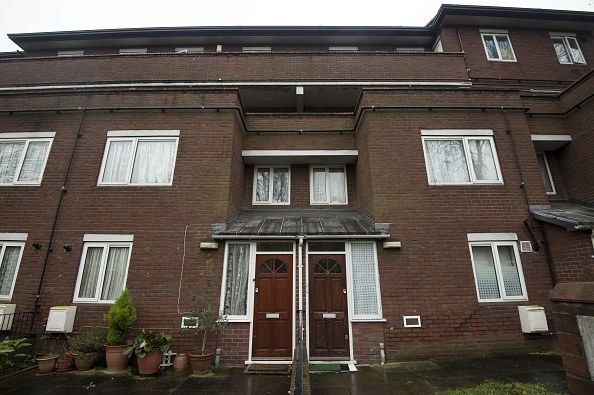
However, other reports suggest the Emwazis don't believe their son is "Jihadi John".
According to the Kuwaiti newspaper Al Qabbas, Jassem dismissed claims that either he or his wife recognised their son's voice in the recordings.
"There is nothing that proves what is being circulated in the media, especially through video clips and footage, that the accused is my son Mohammed, who is being referred to as the alleged executioner of Daesh [Islamic State]," he is reported to have said.
He added: "I have a message to the Kuwaiti people that many of the rumours are false.
"Because I felt that some people have believed it, I have assigned a lawyer to defend me and to prove ... that what is being said is untrue."
While Emwazi's father is being questioned by authorities in Kuwait, it is believed his mother and siblings remain in the UK.
The family, including Emwazi's brother Omar, are currently believed to be in the UK, under police protection.
One of Omar Emwazi's friends, who wished to remain anonymous, told BuzzFeed news that the family were very "stressed" and "confused" since they were told of Mohammed's alleged activities in Syria.
The friend said he had been involved in 'Dawah' (Islamic proselytising) with Omar, who knew him to be a "dedicated cheerful and humble young man."
"I can't say nothing wrong about him and he was student as much as I understand... I think that all of this is a big shock to him," he added.
Emwazi is said to have risen rapidly within the ranks of ISIS in the past 18 months.

Scotland Yard has refused to confirm that Emwazi is "Jihadi John".
